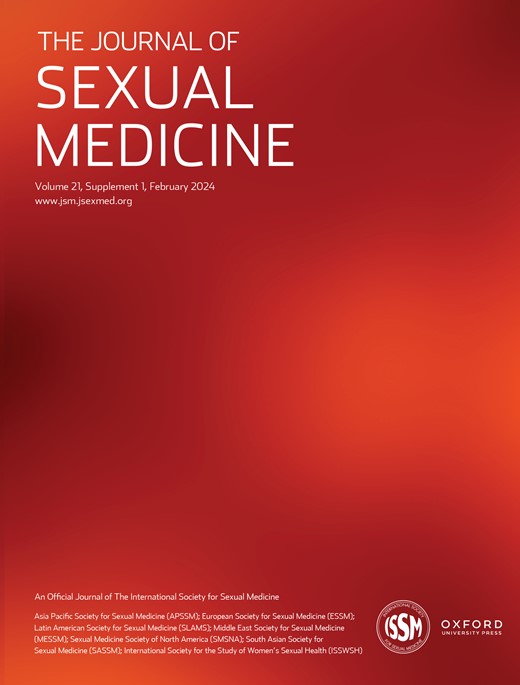madman
Super Moderator

(294) Revisiting Risk of Testosterone Therapy: Assessing the Impact of Supratherapeutic Levels on MACE and Mortality
AbstractIntroduction. The benefits and risks of testosterone therapy (TT) have been a subject of long-standing debate. The recent TRAVERSE trial demonstrat
Abstract
Introduction
The benefits and risks of testosterone therapy (TT) have been a subject of long-standing debate. The recent TRAVERSE trial demonstrated that men who received TT did not show an increased risk of major adverse cardiovascular events (MACE) or mortality. However, it is essential to note that the median post-treatment testosterone levels were found to be less than 400ng/dL. Therefore, our investigation aims to assess whether supra-therapeutic T levels (>1000ng/dL) are associated with an elevated risk of MACE and/or mortality.
Objective
To use data from the National Health and Nutrition Examination Survey (NHANES) 2011-2016 to determine whether supratherapeutic testosterone levels (> 1000 ng/dL) are associated with higher rates of all-cause mortality or MACE. Additionally, to determine whether there was a higher rate of MACE among patients who died.
Methods
We collected data from the NHANES 2011-2016 Continuous Files and linked them to the National Death Index (NDI) through 2019. The NHANES is a national survey run by the Center for Disease Control that assesses the health status of United States residents by sampling of populations across the country. The survey collects socio-demographic data, lab values, dietary health, clinical variables, and body measurements. NDI is a centralized database of United States death record information on file in state vital statistics offices. We included male participants aged 18 years and older with data on total testosterone and who were eligible for mortality data. We compared participants with testosterone > 1000 ng/dL against those with <1000 ng/dL, with the assumption that those > 1000 ng/dL had supratherapeutic levels of testosterone from testosterone therapy. Our primary outcome was mortality, with secondary outcomes of mortality due to MACE. We additionally analyzed association with MACE as the primary cause of mortality among participants who had died. MACE was determined by those who were categorized as dying of “diseases of the heart” or “cerebrovascular diseases.” We used binary logistic regression and controlled for age, race, body mass index, and history of myocardial infarction. Statistical significance was assessed at p<0.05. All analyses were performed on STATA MP 17.
Results
We identified 7,790 males aged 18 or older with mortality data. Of those, 7,715 had testosterone <1000, and 75 men had testosterone > 1000. Among all patients in our cohort, 643 died of all causes, and 199 died of MACE. In the multivariable logistic regression adjusted for potentially confounding variables, we found testosterone >1000 was associated with all-cause mortality (OR 2.59, 95% CI 1.29-5.20, p=0.007). There was no association with mortality from MACE in either all participants (OR 0.60, 95% CI 0.08-4.45, p=0.615) or among those who died (OR 0.28, 95% CI 0.03-2.17, p=0.221).
Conclusions
Supratherapeutic levels of testosterone are associated with all-cause mortality by 2019 in NHANES participants from 2011-2016. There were no associations with MACE in this population, although overall numbers of death from MACE were low in this data set. Future studies should examine longitudinal data across a greater duration and consider non-fatal MACE events in men who achieve supra-therapeutic levels on TT.
Last edited by a moderator:
















